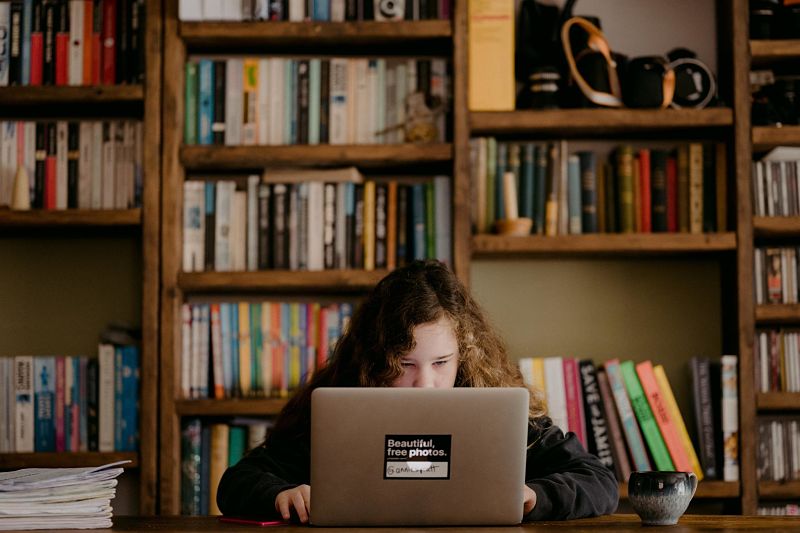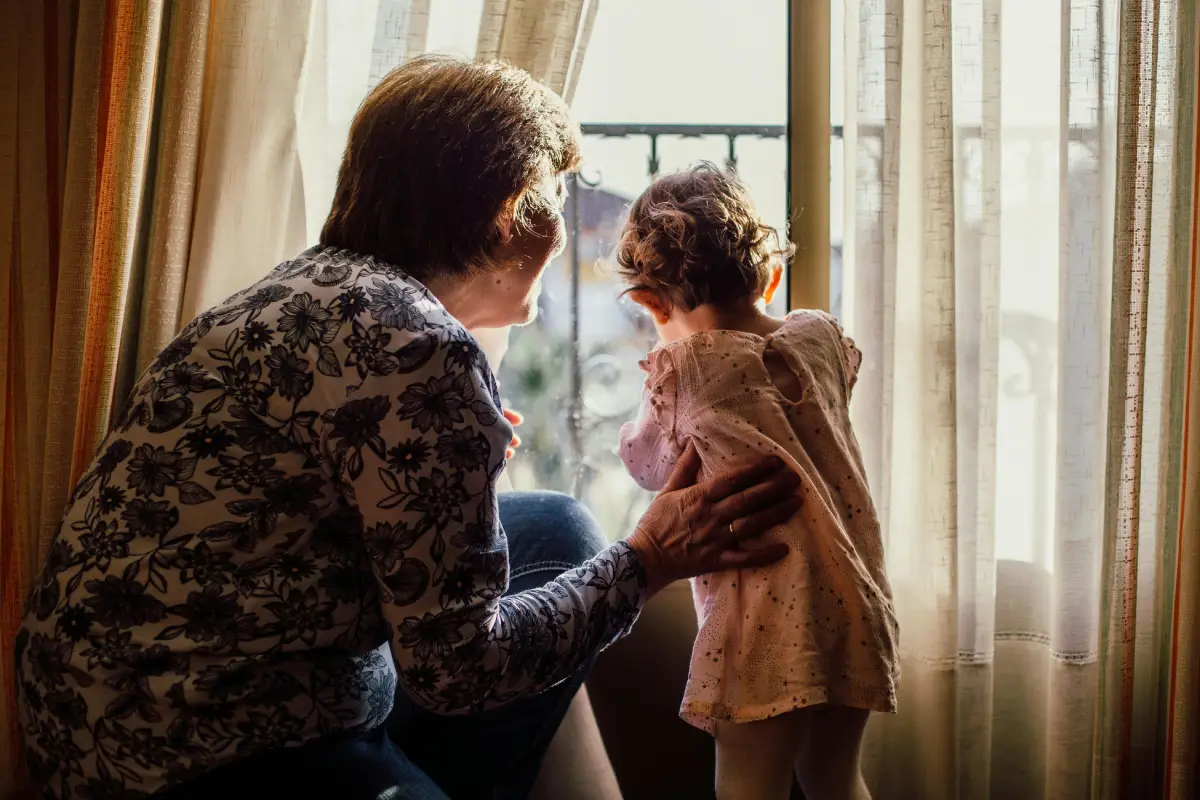
With the current situation surrounding the Coronavirus lockdown, many parents are adjusting to a new routine involving home schooling. This is when Mummy or Daddy must quickly add teaching to their growing list of parental superpowers. For those who are new to home schooling, it can seem like a daunting task. So, we’re sharing a useful guide that will help you to get it right.
Although home schooling is a temporary measure for most parents and their children, it can go a long way to keep children entertained and maintain essential learning when school is shut. The first thing any parent-come-substitute-teacher, needs to remember is this: No-one expects you to be the perfect teacher. Unless you work in education, it’s something you’ve never been trained to do, so don’t be hard on yourself – you’re learning on the job!
It’s also important to remember that every child is different; what helps one child to learn might be of no use to another. That means there’s no set formula or concrete rules for success when it comes to teaching. However, there are steps you can take when teaching your children at home to make the experience smoother, more enjoyable and productive for both you and your children. We’ve put together a list of key points to bear in mind when home schooling.
Planning
The Teacher Development Trust estimates that two thirds of any teacher’s time are spent planning, preparing or marking. While you won’t be expected to commit to the same level as the professionals, planning will help you feel more in control when it comes to home schooling your kids. This will be particularly helpful for those parents working from home whilst caring for children at the same time, as it will help you plan your own day, too.
It’s therefore wise to have at least a rough schedule of what the day will look like, with a selection of activities and tasks ready to go. Here, you can incorporate any homework or learning packs your child’s teacher may have provided with a range of stimulating and varied activities to keep them busy.
Tailor to age groups
If you have children of different ages at home, you’ll need to vary your approach. For instance, with children at primary level, it’s best to focus on the fundamental skills where you can. For the younger ones, most of the time can be spent learning through play or other activities. Whereas, older primary school children can focus more on the core subjects of Maths and English, with other activities mixed in. Remember, you’re not expected to keep them studying textbooks and doing long division all day!
If your children are at secondary level, it’s advisable to try and match the amount of time spent studying and working with that of a normal school day.
Establish a routine
When they’re at school, children have a set routine throughout the day. Outside of school, that routine is no longer there. Establishing a set routine will help your children get into the right mindset to learn and give them a sense of normality, stability and structure. This can also be helpful in keeping your little learners engaged, as they’ll understand that they’re not on a day’s holiday.
Involve your children
Morale and motivation are key when home schooling – your children are outside of their usual learning environment, so there may be times where you’re faced with resistance. Allowing your kids to have some input into what their day will involve can do wonders when it comes to motivation. It’s also a great way for them to explore their interests. For example, if your child is particularly interested in football, give them a research project on their favourite team.
Plus, if they know what’s planned, and have had some input, they can look forward to doing the activities they enjoy. This could be your secret weapon for keeping morale up.
Reading
“If you are going to get anywhere in life you have to read a lot of books.” – Roald Dahl
Whether your child spends some time alone with a good book or you share a story together, reading is a great option for keeping young minds working. Educational books will fill their brain with facts they never knew, novels can boost their English and writing skills, and there are all sorts of books that can inspire their creativity. Reading is a fantastic and relatively easy activity to include in your child’s home learning plan.
Don’t forget life lessons
While school is shut, you’re not tied to a curriculum. Yes, it’s necessary to keep children up to speed with their studies, but there is only so much you can help them with. What you can teach them, without having to scour textbooks or to learn algebra, are lessons about life.
You can teach your kids about nature or gardening just by spending time outside. They can learn about food and cooking by baking with you. You can even use this opportunity teach your children about money or the world of work. Try not to worry about teaching your children in areas you’re not strong in, focus on your own strengths. For instance, if you play an instrument, a music lesson could be a great idea!
Embrace online resources
It’s important to limit screen time for children, striking a balance between using technology for both leisure and educational purposes. (No school doesn’t mean full days playing Fortnite or scrolling social media – sorry, kids!) Luckily, there are a wide range of free or affordable educational resources available online, such as:
• School learning portals (if provided by your child’s school)
• Duolingo – modern foreign languages
• BBC Bitesize – curriculum subjects, for a range of key stages
• BBC Teach – video lessons
• Literacy Trust – for children aged 12 or under
• The Maths Factor – maths skills for 4 to 11-year olds
P.E. is important, too
As any teacher will tell you, there’s a reason playtime exists. Children of all ages need regular opportunities to burn off that excess energy in order to stay focused. So, encouraging them to stay active is an important part of home schooling.
Include ‘play times’ as part of your routine where your kids get the chance to exercise. Go for a walk, run or bike ride with them, or just let them play games in the garden. On rainy days, this may not be possible, but there are plenty of video workouts or P.E. lessons available online.
Don’t lose sight of things
At the end of the day, you’re their parent, not their teacher. There will be challenges, tantrums and tears – and that’s OK. Your child may not spend all day learning – and that’s OK. Even if they only learn one thing, that’s still a job well done. Don’t expect too much from your child or from yourself. Their happiness and wellbeing are priority; praise them for their behaviour, spend quality time with them, have fun together and allow them enough down time. This experience should be enjoyable – it’s a lot easier, and more effective, when it is.


